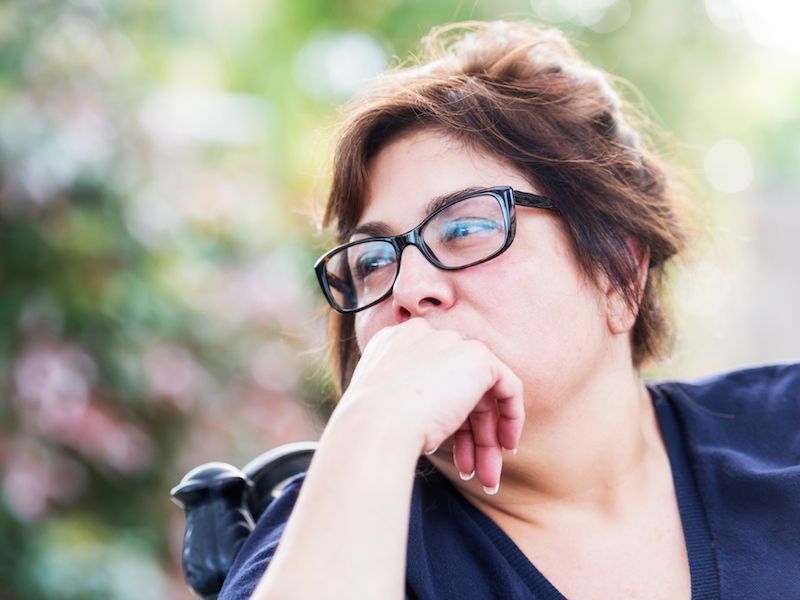
Studies show that people who have diabetes are twice as likely to suffer from hearing loss, according to the American Diabetes Association. That might surprise those of you who immediately connect hearing loss with getting old or noise trauma. In 2010, 1.9 million people were diagnosed with diabetes and close to 500,000 of them were under the age of 44. Evidence reveals that 250,000 of those younger people with the disease likely suffer from some form on hearing loss.
A person’s hearing can be damaged by quite a few diseases other than diabetes. Besides the apparent aspect of aging, what is the link between these illnesses and hearing loss? Give some thought to some diseases that can lead to hearing loss.
Diabetes
It is uncertain why people with diabetes have a higher occurrence of hearing loss or even if diabetes is connected to hearing loss, but the clinical evidence does point in that direction. People with prediabetes, a condition that indicates they might develop type 2 diabetes, tend to lose their hearing 30 percent faster than those with normal blood sugar levels.
While scientists don’t have a definitive reason as to why this happens, there are some theories. It is feasible that high glucose levels could cause damage to the blood vessels that feed the inner ear. That’s a realistic assumption since diabetes is known to influence circulation.
Meningitis
Hearing loss is a symptom of this infectious disease. Meningitis by definition is inflammation of the membranes that cover the spinal cord and brain, normally due to infection. Studies show that 30 percent of people who have this condition will also lose their hearing, either in part or in full. Among the American youth, this infection is the second leading cause of hearing loss.
The fragile nerves that relay signals to the inner ear are potentially damaged by meningitis. Without these signals, the brain has no way of interpreting sound.
Cardiovascular Disease
Ailments that affect the heart or blood vessels are covered under the umbrella term “cardiovascular disease”. This category contains these common diseases:
- Stroke
- Peripheral artery disease
- Heart failure
- Atherosclerosis
- Heart attack
- High blood pressure
Typically, cardiovascular diseases tend to be linked to age-related hearing loss. The inner ear is vulnerable to damage. Damage to the inner ear leads to hearing loss when there is a change in blood flow and it doesn’t receive the oxygen and nutrients that it needs to thrive.
Chronic Kidney Disease
A 2012 study published in The Laryngoscope found that people have an increased risk of losing their hearing if they have this condition. A separate study found that chance to be as high as 43 percent. However, this connection may be a coincidence. There are lots of the same risk factors with kidney disease and other conditions associated with high blood pressure.
Another theory is that the toxins that collect in the blood as a result of kidney failure may be the cause. These toxins may damage the nerves in the inner ear, closing the connection it has with the brain.
Dementia
The connection between loss of hearing and dementia is a two-way street. There is the indication that cognitive deterioration increases a person’s risk of developing conditions like Alzheimer’s disease. Dementia comes about because of brain atrophy and shrinkage. Difficulty hearing can hasten that process.
The other side of the coin is true, also. Somebody who develops dementia even though there is normal hearing will show a decline in their hearing as damage to the brain increases.
Mumps
At an early age the viral infection mumps can cause children to lose their hearing. Loss of hearing might impact both ears or only one side. The reason that this happens is that the cochlea of the inner ear is damaged by the virus. It’s the part of the ear that sends messages to the brain. The positive thing is, due to vaccination mumps are fairly rare today. Not everyone who has the mumps will experience hearing loss.
Chronic Ear Infections
Treatment gets rid of the random ear infection so it’s not much of a risk for most people. For some, however, infection after infection can wear out the tiny components that are needed for hearing such as the eardrum or the small bones in the middle ear. When sound cannot reach the inner ear with enough strength to send signals to the brain it’s called conductive hearing loss. Infections can also lead to a sensorineural hearing loss, which means nerve damage.
Prevention is the key to steering clear of many of the diseases that can cost you your hearing. A healthy diet, plenty of exercise and regular sleep habits will go a long way to protecting your ear health throughout your life. You should also get regular hearing exams to make sure your ears stay healthy.
